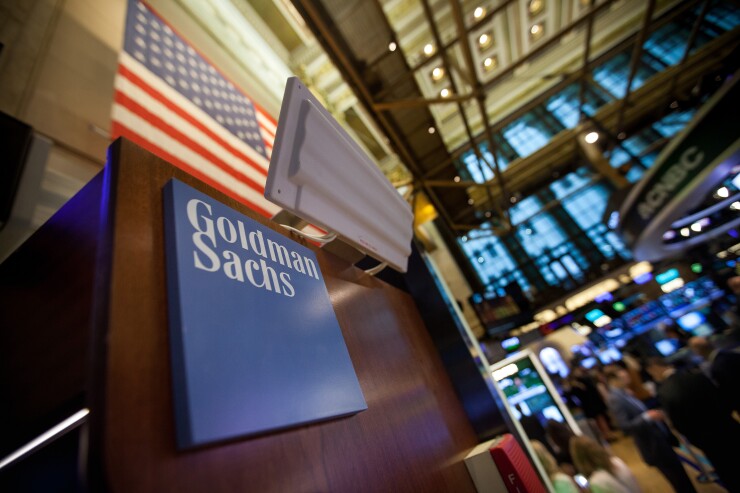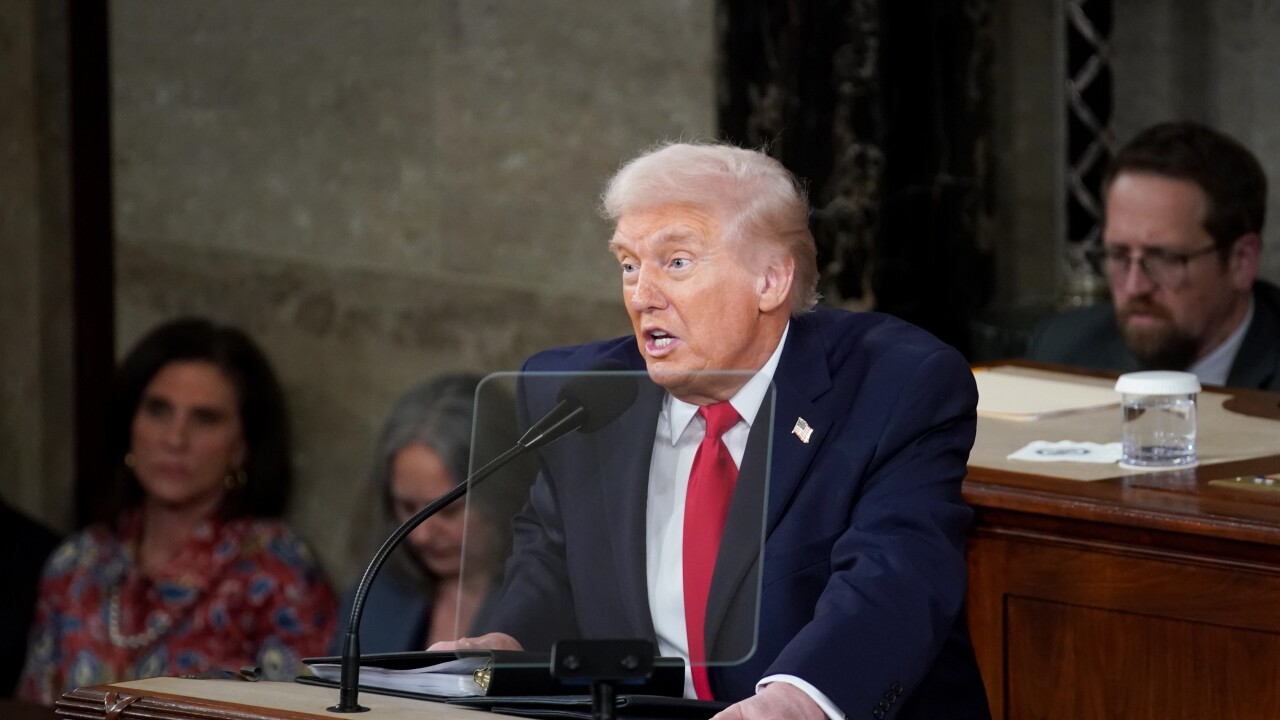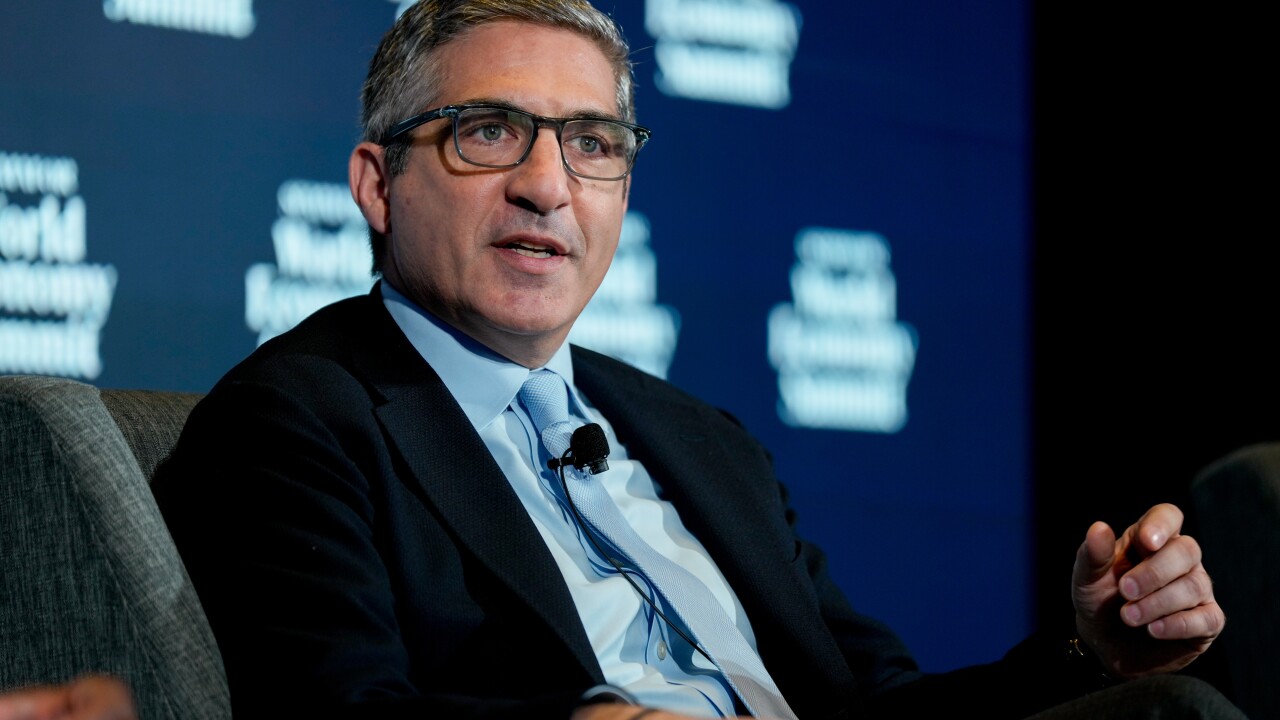Receiving Wide Coverage ...
Seeking diversity
Goldman Sachs said it will try to hire more women, blacks and Hispanics by requiring managers to interview two diverse candidates for any new job opening, “a push the firm hopes will change its heavily white, male workforce.” The bank said it is close to achieving its goal of having women account for 50% of its workforce by 2021. “The new targets, though, don’t include a time frame, suggesting that

“It is a sign of the times and, honestly, a sign of how critical it is to achieve gender diversity for business goals that they are making a public statement on it now,” said Anna Beninger, a senior director of research and corporate engagement at Catalyst, a non-profit that advocates for greater inclusion in the workplace.
Banking isn’t the only industry with gender issues. The American Economic Association announced a policy banning harassment and discrimination as it released disturbing survey results that “come at a moment of soul-searching for the economics profession over its treatment of women. The survey found that 2% of female economists “had been assaulted, 6% said they had been the victim of an attempted assault and 12% said they had been touched in a way that made them feel uncomfortable. Also, 42% of female economists said they had heard or overheard another economist or a student make inappropriate, sexual or suggestive remarks at some point over the past 10 years.” AEA President Ben Bernanke, the former Federal Reserve chair, called the survey results “disturbing.”
Payments boom
Fidelity National Information Services’ offer to buy Worldpay for $35 billion “the biggest financial services takeover since the recession,” is being “fueled by a boom in ecommerce and digital payments … one of the biggest structural changes in financial services since the crisis, [which] is now driving a
“The shift in payments has pushed the reliable but aging systems underpinning banking and commerce to their limits,” the Wall Street Journal comments. “
While the FIS-Worldpay merger “has some logic, justifying its high price will require delivering on
FIS CEO Gary Norcross discusses
American Banker offers
Winning them over
Support appears to be growing among big investors in Deutsche Bank for a merger with its German rival Commerzbank, even among
But Andrea Enria, the chairman of the European Central Bank’s Single Supervisory Mechanism, the eurozone’s top financial supervisor, “has criticized the idea of creating national or European champions to
Separately, the New York Times explores the long
Wall Street Journal
Over and out
Cboe Global Markets, the first U.S. exchange company to launch bitcoin futures, “has pulled the plug on them, the latest sign that mainstream financial firms are
The sharp drop in bitcoin prices “is forcing even its most ardent supporters to shelve dreams of global disruption and focus on simply tightening their belts long enough to
Political pressure
“With only a House majority, Democrats are unable to enact legislation — but that
Financial Times
Beefing up
French banks have been told to
“French banks are healthy and have done their work in providing credit to the economy but we are using this precautionary instrument to provide a cushion when the cycle turns,” said François Villeroy de Galhau, governor of the Banque de France.
Elsewhere
A new audience
JPMorgan Chase announced a $4.95 a month checkless banking account with ATM and mobile app access, a debit card, digital payments and free check cashing with no minimum balance. The account does not allow overdrafts, which have “generated significant [fee] revenue for banks in the past” but “have angered customers, brought down the wrath of politicians and discouraged people with low incomes from using banks.” Thasunda Duckett, head of Chase Consumer Banking, “said she hoped the new accounts will
Quotable
“We will hold business unit heads accountable for working to





